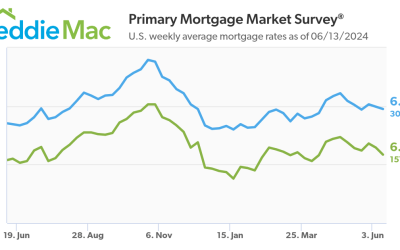Mastering Utah Zoning Regulations: 5 Step Comprehensive Guide

Table of Contents
Navigating Utah’s zoning regulations can be complex for property owners and investors. Grasping these regulations is vital for effective property management and optimizing investment returns. This guide provides a detailed breakdown of Utah’s zoning regulations and their implications for property management and investment strategies.
What are Utah Zoning Regulations?
Zoning laws are rules established by local authorities to govern land use and development within their areas. These rules define the permissible uses of properties, such as residential, commercial, industrial, or agricultural, and set standards for building heights, lot sizes, and setbacks from property lines.
Categories For Utah Zoning Regulations
In Utah, zoning is typically classified into several categories:
Residential Zoning: This includes areas designated for single-family homes, multi-family units, and apartment complexes. These regulations control the density and type of residential buildings permitted in specific areas.
Commercial Zoning: This category covers areas designated for businesses, retail establishments, and office spaces. Regulations focus on the types of businesses allowed and their potential impact on the surrounding area.
Industrial Zoning: These zones are intended for manufacturing, warehouses, and other industrial activities, with specific requirements to mitigate the impact on nearby residential and commercial zones.
Agricultural Zoning: Designated for farming and related activities, this zoning aims to preserve open space and limit urban expansion.
Mixed-Use Zoning: These zones allow for a combination of residential, commercial, and sometimes industrial uses within a single area, promoting vibrant, walkable communities.
Key Considerations for Property Management in Utah Zoning Regulations
1. Compliance with Property Use
Ensuring your property adheres to zoning regulations is crucial. Utilizing a property in a manner not permitted by its zoning classification can result in fines and legal issues. Always verify the zoning designation before purchasing or repurposing a property.
2. Obtaining Building Permits and Approvals
Significant modifications or developments on your property require the appropriate permits. This usually involves submitting detailed plans to the local zoning board for approval. Understanding the permit process can save time and prevent costly delays.
3. Requesting Variances and Rezoning
If your property’s intended use does not comply with existing zoning regulations, you may need to apply for a variance or rezoning. A variance permits an exception to the zoning rules, while rezoning changes the property’s zoning classification. Both processes involve public hearings and require substantial justification.
4. Impact on Property Value
Zoning regulations can greatly influence property values. Properties in desirable zones, such as those permitting high-density residential or commercial development, often have higher market values. Being aware of zoning trends and potential changes can help you make informed investment decisions.
5. Neighborhood Compatibility
Zoning Regulations help maintain the character and functionality of neighborhoods. Ensuring your property aligns with community zoning guidelines preserves neighborhood aesthetics and quality of life, attracting tenants and buyers.
Click Here for more information about zoning regulations in Salt Lake City, Utah!
Conclusion
Understanding and navigating Utah’s zoning regulations is essential for effective property management and maximizing investment potential. By familiarizing yourself with these regulations, you can make informed decisions that comply with local guidelines and enhance property value.
At The Menlove Group, we specialize in guiding property owners through Utah’s zoning complexities. Our team of experts provides comprehensive property management services to ensure compliance, optimize property value, and enhance tenant satisfaction. Contact The Menlove Group today to learn how we can assist with your property management needs in Utah.
Moreover, staying abreast of updates and potential revisions to zoning regulations is crucial for property owners and investors in Utah. Zoning laws can evolve in response to changing community needs, economic trends, and environmental considerations. Engaging with local planning committees, attending public hearings, and collaborating with experienced real estate professionals can provide valuable insights and proactive strategies. By actively participating in the zoning process, property stakeholders can influence decisions that impact property values and investment opportunities positively. This proactive approach not only enhances regulatory compliance but also positions properties to thrive in an evolving real estate landscape.


